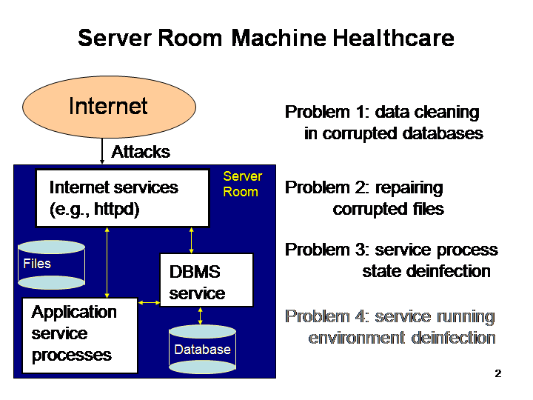Server Hosting: A Primer for Businesses and Individuals
Server Hosting, or cloud computing, is a fundamental part of any business's digital strategy. It involves the use of remote servers to store, manage, and access data, often in response to an increase in demand for online services. This process can be particularly challenging for individuals looking to start their own web-based businesses or for those who want to expand their existing operations without the need for extensive hardware infrastructure. In this primer, we will explore the basic concepts, benefits, and considerations associated with server hosting. We'll also touch on the various types of hosting available and how to choose the best fit for your needs. By the end, you'll have a solid understanding of how server hosting can transform your business or personal online presence.
Introduction
Server hosting, the process of storing and managing a server’s operating system, applications, and data on another computer or network, is an essential aspect of modern technology. It allows businesses, individuals, and organizations to leverage the power of computing resources while reducing their overhead costs. In this primer, we will explore the intricacies of server hosting, its benefits, and how it can benefit businesses and individuals alike.
What is Server Hosting?
Server hosting refers to the practice of renting space on a dedicated server from a service provider to house and manage a website, application, or other digital assets. It involves the provision of hardware and software resources, such as CPU, memory, storage capacity, and bandwidth, which are specifically allocated to the hosting customer's needs. The host provides technical support, updates, and maintenance services, ensuring that the server remains operational and secure at all times.

Benefits of Server Hosting
1、Cost-Effectiveness: By renting server space instead of buying physical hardware, businesses can significantly reduce their upfront costs, especially for small-scale operations or startups with limited budgets.
2、Scalability: Server hosting offers the flexibility to scale up or down based on business growth or contractions, making it easier to handle spikes in traffic or resource requirements without having to invest in additional hardware.
3、Security: Hosting providers often offer advanced security measures such as firewalls, antivirus software, and monitoring tools to protect the server and its data from potential threats.
4、Resource Management: With server hosting, users have full control over the allocation of resources like CPU, memory, disk space, and bandwidth, allowing them to optimize performance and minimize costs.
5、Simplified IT Infrastructure: For non-technical users, server hosting simplifies the management of IT infrastructure by providing a centralized point for managing servers, applications, and data.
6、Accessibility: Server hosting ensures that the server is always available to users, regardless of their location or device, offering uninterrupted access to their applications and data.
7、Customization: Hosting providers often offer various configuration options to customize the server environment to suit individual needs, including custom operating systems, database management systems, and application development platforms.
How Server Hosting Benefits Businesses

1、Efficiency: By leveraging server hosting, businesses can streamline their IT infrastructure, reducing the time and resources required for managing servers, applications, and data.
2、Scalability: Adaptable to business growth, server hosting enables businesses to expand their operations without the need to purchase new hardware or hire more staff.
3、Reliability: Server hosting ensures that critical applications and data remain available and accessible even in times of high demand or disasters.
4、Cost-Saving: By renting server space instead of purchasing physical hardware, businesses can significantly reduce their long-term expenses, making it easier to plan for future expansion or changes in business requirements.
5、Convenience: Server hosting eliminates the need for businesses to manage servers on-site, freeing up valuable time and resources for core business activities.
6、Compliance: Hosting providers often comply with industry standards and regulations, ensuring that businesses can focus on meeting compliance requirements rather than managing servers on-site.
Conclusion
Server hosting is a powerful tool for businesses and individuals looking to leverage the power of computing resources without the financial and administrative burden of owning and managing physical hardware. By understanding the basics of server hosting and its benefits, businesses can take advantage of its cost-effectiveness, scalability, security, and ease of management to drive innovation, efficiency, and success. Whether you're starting a new project or scaling your existing operations, server hosting can be your key to unlocking the full potential of your technological endeavors.
与本文知识相关的文章:



